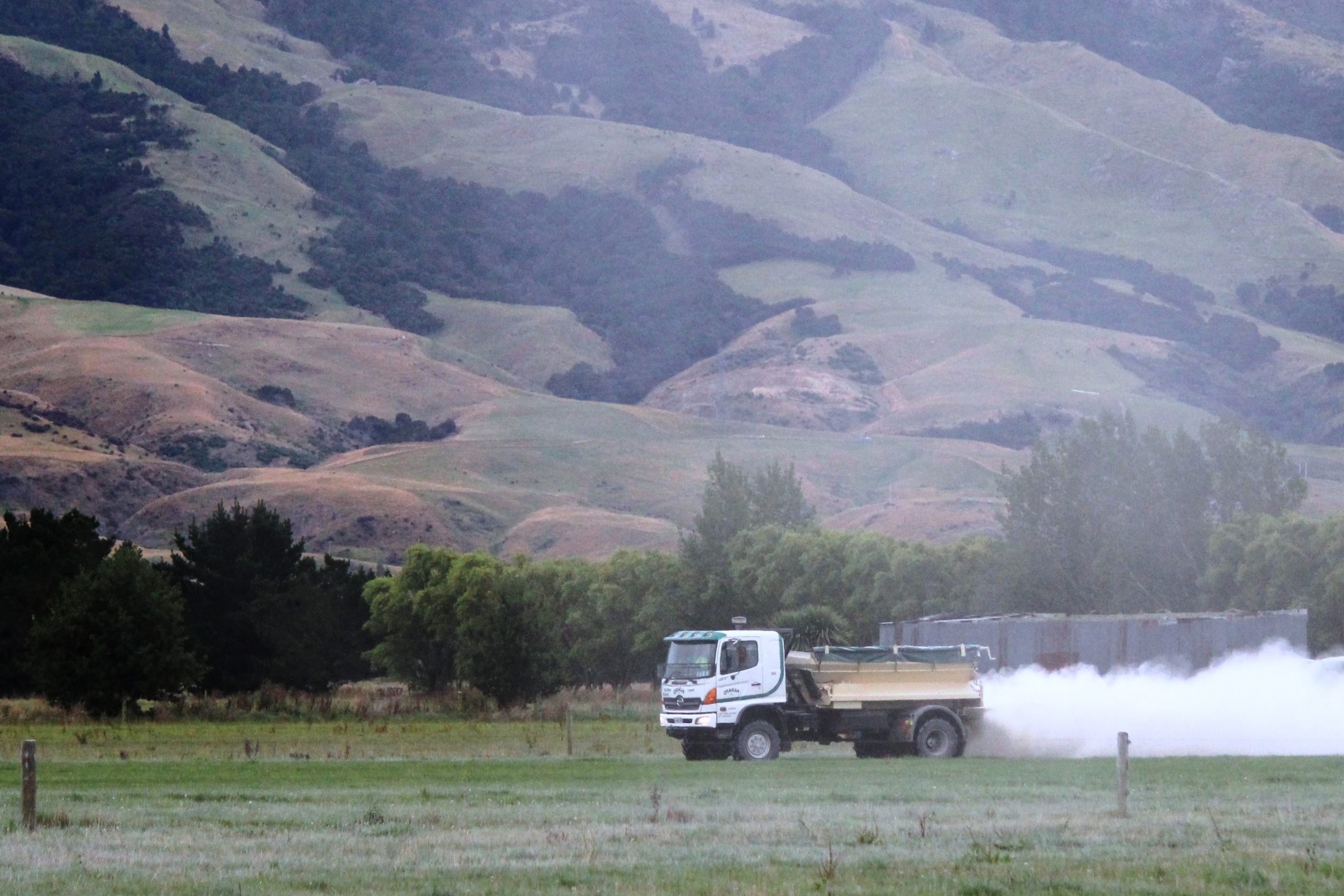By Elaine Fisher
Many New Zealand farmers are nervous that they may lose the right to use glyphosate, considered an important tool in enabling them to grow pasture and food, Agcarm chief executive Mark Ross says.
With the chemical, commonly known by the brand name Round Up coming under closer scrutiny and with the Environmental Protection Authority calling for more information on it, Agcarm commissioned the New Zealand Institute of Economic Research to conduct a report into its use.
Released in early November, the report estimates herbicides are worth up to $8.6 billion to NZ agriculture, with an average impact on output of up to 20%.
Glyphosate is a broad-spectrum herbicide that can eliminate nearly all weeds, which many other herbicides cannot. The report says without it, producers would face substantial weed pressure – as weeds compete with crops for light, water and nutrients. An even greater pressure exists with climate change and the need for farming practices to become more sustainable.
If glyphosate was not available, farmers would need to use three to four other herbicides in its place, leading to more tillage and more resources to manage weeds, the report said.
Mark says farmers in Europe, France for example, rely on glyphosate to help maximise their ability to grow more food on increasingly smaller parcels of land.
“In New Zealand, people forget that 40 years ago farmers had to till and plough the land, causing nutrient runoff to waterways and the loss of topsoil along with its worms and microorganisms. They also used older chemicals which were not so effective.
“Glyphosate has been the subject of over 800 studies, all of which have confirmed its safety. It continues to be rigorously tested by regulators in New Zealand and throughout the world, with over 160 countries approving its safe use.
“Regulatory agencies agree that glyphosate, when used per label directions, does not present an unreasonable risk of adverse effects to humans, wildlife or the environment.
“That doesn’t mean that you should be careless with crop protection products. Care is still needed in the use of all agrichemicals as it is for many other everyday substances. It’s important to use them according to label directions – keep them out of the reach of children, avoid spray drift and wear the correct protective equipment,” Mark says.
Agcarm is the voice of the animal and plant health industries of New Zealand. It represents the companies that manufacture, distribute and sell plant protection and animal health products and its mission is; ‘to embrace innovation and drive sustainable food production’.





